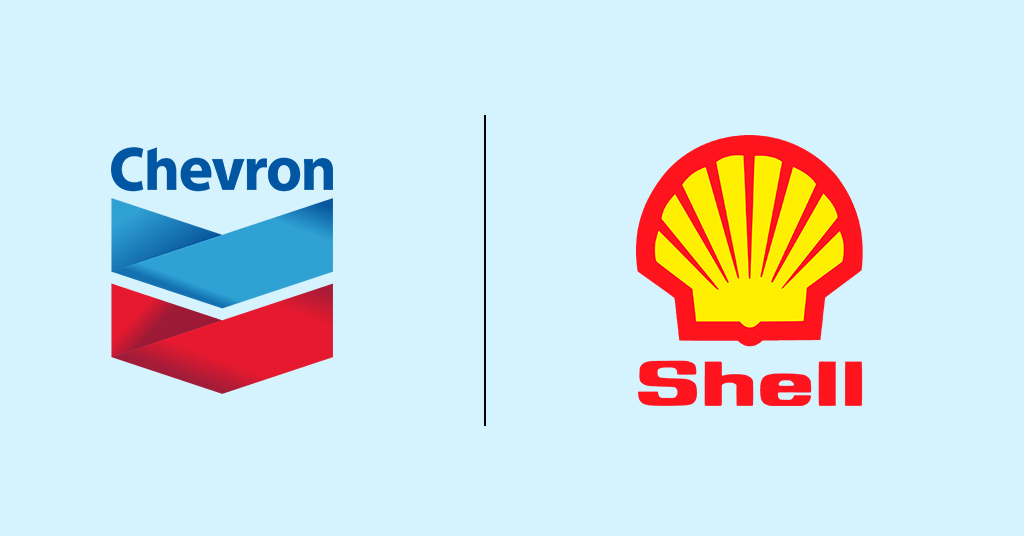Welcome To ChemAnalyst

Indonesia: Shell, and Chevron's deals to sell Pertamina, Petronas, and Eni shares in significant Indonesian gas assets will unleash development at the fields and enable the nation to increase its declining output. Due to dwindling reserves and the delays caused by the leave of oil majors, Indonesia has seen a decline in its oil and gas production in recent years.
A final investment decision on the project would be taken in 2026, according to Nicke Widyawati, CEO of Indonesia's national energy company Pertamina, who signed an agreement on Tuesday to purchase 20% parts in Shell's ownership of the Masela gas block. Shell had been making efforts to sell its 35% stake in the project since 2019. The deal inked on Tuesday calls for Malaysia's Petronas to purchase Shell's remaining 15% interest.
According to Petronas Group's CEO, Tan Sri Tengku Muhammad Taufik, contributing to Indonesia's production goal of 12 billion standard cubic feet per day of gas and 1 million barrels of oil per day by 2030 showcases dedication. The Inpex Corp-led Abadi LNG project plans to extract gas from the Masela block to produce 9.5 million metric tons of liquefied natural gas (LNG) per year at its peak. The LNG will be exported from the proposed terminal, catering to both domestic businesses and international clients.
At the same conference, Dwi Soetjipto, the CEO of Indonesia's upstream regulator SKK Migas, that an FID on the project might be reached as soon as the end of 2024. On Tuesday, Eni also agreed to buy out Chevron's interest in the IDD gas project. It said that the acquisition would enable it to expedite the development of the resource, in which it already collaborated with Pertamina and Sinopec of China.
The Bangka, Gendalo, and Gehem gas fields are included in the IDD project, and its development will incorporate the close-by Jangkrik and North Ganal blocks run by Eni in the Kutai basin. Eni said it will also make use of the infrastructure at Jangkrik and the current Bontang LNG project. Chevron acknowledged the transaction and stated that it is still investing in Indonesia.
SKK Migas has disclosed that the Tuna natural gas project is currently being evaluated by three to five prospective investors from the Middle East and Asia. This evaluation is being carried out in preparation for the potential sale of the project's existing owner, the Russian company Zarubezhneft, interest in the future.
Zarubezhneft and British company Harbour Energy are now working together on a gas field, but Zarubezhneft intends to abandon the project because of a lack of development because of sanctions against Russian businesses.
In 2027, the Tuna field is anticipated to produce at its highest level, or 115 million standard cubic feet per day. Starting in 2026, gas from the field will be exported to Vietnam. According to Indonesia's Energy Minister Arifin Tasrif, the country still has "huge potential" from its natural gas supplies and will use gas as a bridging fuel in its transition to more environmentally friendly energy sources. Large producers have recently pushed gas as a transition fuel to balance out intermittent supply from renewables because it emits fewer emissions when burned than coal.
We use cookies to deliver the best possible experience on our website. To learn more, visit our Privacy Policy. By continuing to use this site or by closing this box, you consent to our use of cookies. More info.
